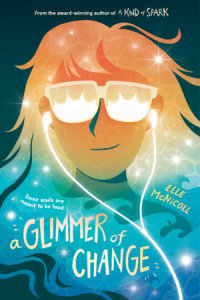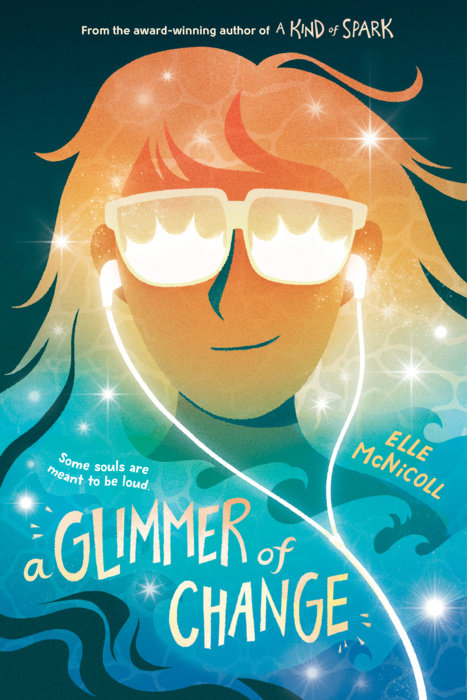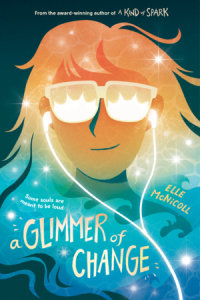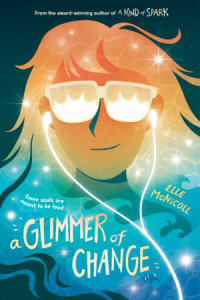1
Welcome to Juniper.
We are a small Scottish town, and we have centuries of history.
We also have bullies.
The bullies are just ahead by the river. There are three that I can see. It’s easy enough to watch them from my spot in the tree. High up, disguised in the dying green of autumn. Leaves fall to the ground, easily dislodged and cast down. Ready to die.
I’m not going to fall.
I’ve got a good grip on the tree branch with my legs because I need two hands to operate the water gun. It’s a large, heavy thing. The Al Capone of plastic pistols. It’s full of ice-cold water, and I’ve been waiting. Their laughter is forced and eerily high; they are all pretenders. It makes my hands tighten and my focus laser in.
I don’t like pretenders. Plus, they were rude to Bonnie.
We’re in the woods by the Water of Leith, hidden in shade and silence but only a short walk from the bustling village of Juniper. Everyone in Juniper is preparing for the Founders Day celebration, which…
1
Welcome to Juniper.
We are a small Scottish town, and we have centuries of history.
We also have bullies.
The bullies are just ahead by the river. There are three that I can see. It’s easy enough to watch them from my spot in the tree. High up, disguised in the dying green of autumn. Leaves fall to the ground, easily dislodged and cast down. Ready to die.
I’m not going to fall.
I’ve got a good grip on the tree branch with my legs because I need two hands to operate the water gun. It’s a large, heavy thing. The Al Capone of plastic pistols. It’s full of ice-cold water, and I’ve been waiting. Their laughter is forced and eerily high; they are all pretenders. It makes my hands tighten and my focus laser in.
I don’t like pretenders. Plus, they were rude to Bonnie.
We’re in the woods by the Water of Leith, hidden in shade and silence but only a short walk from the bustling village of Juniper. Everyone in Juniper is preparing for the Founders Day celebration, which is why the shopkeeper was too distracted by other customers to worry about me purchasing his largest water gun.
I take aim and, just as Spence McLauchlan barks out another obnoxious laugh, I fire.
The cold liquid hits him square in the face, causing him to choke on the laugh. He yelps in confusion, while the rest of his little gang looks up to the trees. They spot me instantly.
“Darrow?” Spence’s best friend, Jack, squints up at me in surprise. I don’t recognize the other boy with them.
Still, I hate a follower. So I blast him next.
Then they all are soaked in freezing-cold water. They sputter and gasp, but I do not relent.
“What was that for?” shrieks Spence, throwing his arms up to protect himself.
I don’t answer. I leap from the tree and land with ease upon the woodland path. For a moment it seems that the earth moves beneath me. I stare them down and it feels like part of a Western movie. I always liked those scenes: when the gunslinger rides into town one last time to seek revenge. Bonnie said it was three of them who jumped out at her in the market, deliberately trying to make her scream. I don’t know if New Guy to Juniper was one of the three, but he can still learn a lesson today regardless.
“You go near Bonnie again,” I say calmly, “and nowhere in this village is safe for you.”
The water gun is empty, so I dump it at their feet. I turn to leave, heading toward the small uphill path that leads back to the main village. Back to Juniper. The woods always feel like an in-between, where more things are possible.
Not a lot of things feel possible in Juniper.
“Who is that?” I hear the unknown boy say to Jack, as Spence kicks the plastic toy with his shoe.
“Call me Keedie,” I shout over my shoulder, not looking back and speaking before they can. “I don’t like bullies.”
2
The Darrow house is a slightly dilapidated place. If our street were a human body, our house would be a hairy big toe. Not the most attractive, but it still does the job. I always get in through the kitchen window because the front door is so heavy and cumbersome to open. The window has already been left open for me. When I slide inside, Dad is cooking minestrone soup.
“Buenas noches,” he cries upon seeing me.
“Buenas tardes,” I correct.
Spanish is one of the subjects Dad talked me into taking up at school, and I’m begrudgingly enjoying it. I peer into his soup cauldron. It smells incredible, but I always like the broth part more than the chunky vegetables. I’m particular about food, and I go through phases of what I like. I can eat the same thing for thirty days in a row and then never want to see it again.
“Special occasion,” Dad says quietly.
I glance up at him. “What, since when?”
“Since Nina told Mum she’s having a boy over.”
My whole body temperature changes. “She did what?”
“Keeds,” he says softly, all while stirring the soup with precision and steady authority. “Behave.”
Nina is my twin, and she has wanted to grow up since she learned what growing up is. When we played with dolls, I wanted to dress them in bright colors and have them perform in a fashion showcase. One where the winning designer got to go to Paris.
Nina wanted them all to wear the same thing and get married to male dolls we bought in a thrift shop with toy machine guns permanently attached to their arms.
We have been together since the womb, but no one is more of a stranger to me than Nina recently.
I head for the stairs. My hearing is sensitive enough that I can hear the grumbling of the old plumbing. I can pick up some of the neighbor’s television; they’re watching the news. I can hear the minor rattle of the autumn wind outside our house.
I follow the sound of Nina’s raised voice and find three people in Mum and Dad’s bedroom. Mum is standing with her back to the window, hair stuck to the light sheen of sweat on her forehead. Her hands are on her hips, and she is slightly out of breath. Nina is lying on her stomach on the bed, and her face is pink.
My younger sister, Adeline, sits calmly on Mum’s dressing-table stool.
“What’s going on?” I demand. “Why’s a boy coming to dinner?”
“Never mind that right now—your sister is stuck,” Mum exhales.
I look back to Nina. She is wearing a short black skirt in fake leather, and Mum is quite right. The skirt is stuck on her hips, and the zipper is broken.
“If you insist on buying from companies that employ small children to make the cheap clothes . . . ,” I say with a shrug.
Nina lunges for me.
“Enough!” Mum snaps. “Keedie, get my scissors. We’re going to have to cut her out.”
I slide Mum’s sewing drawer open and pull out the scissors.
“A little less gleefully, please,” Mum reprimands me as I hand them over.
I just smile. Nina and I are a few weeks shy of turning fourteen, and she has taken every opportunity since




